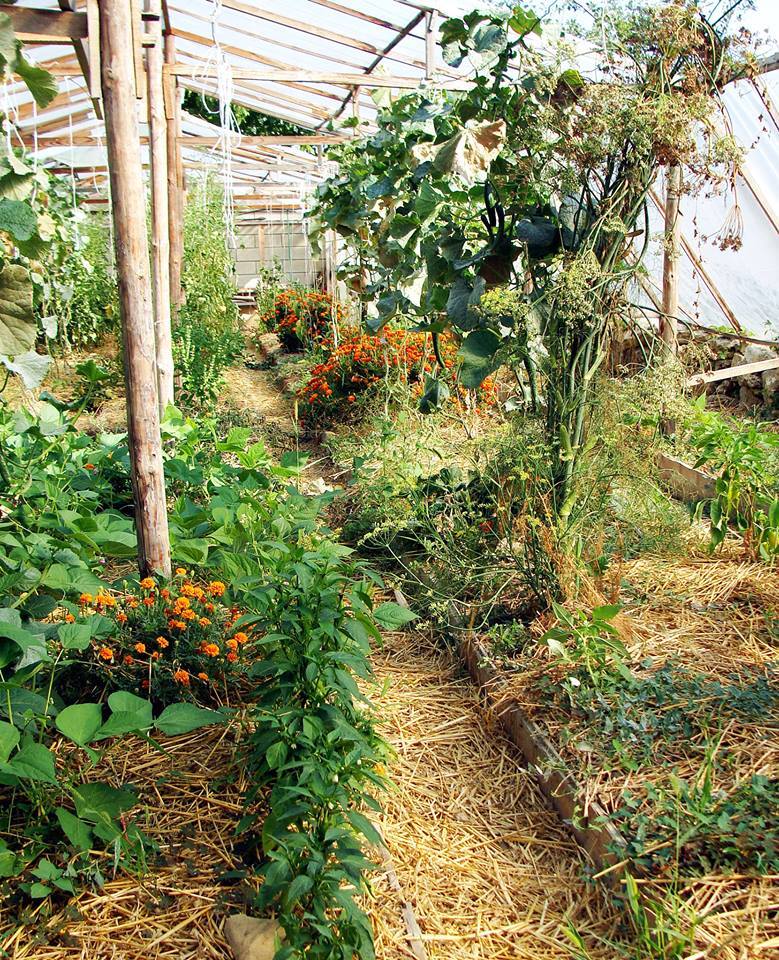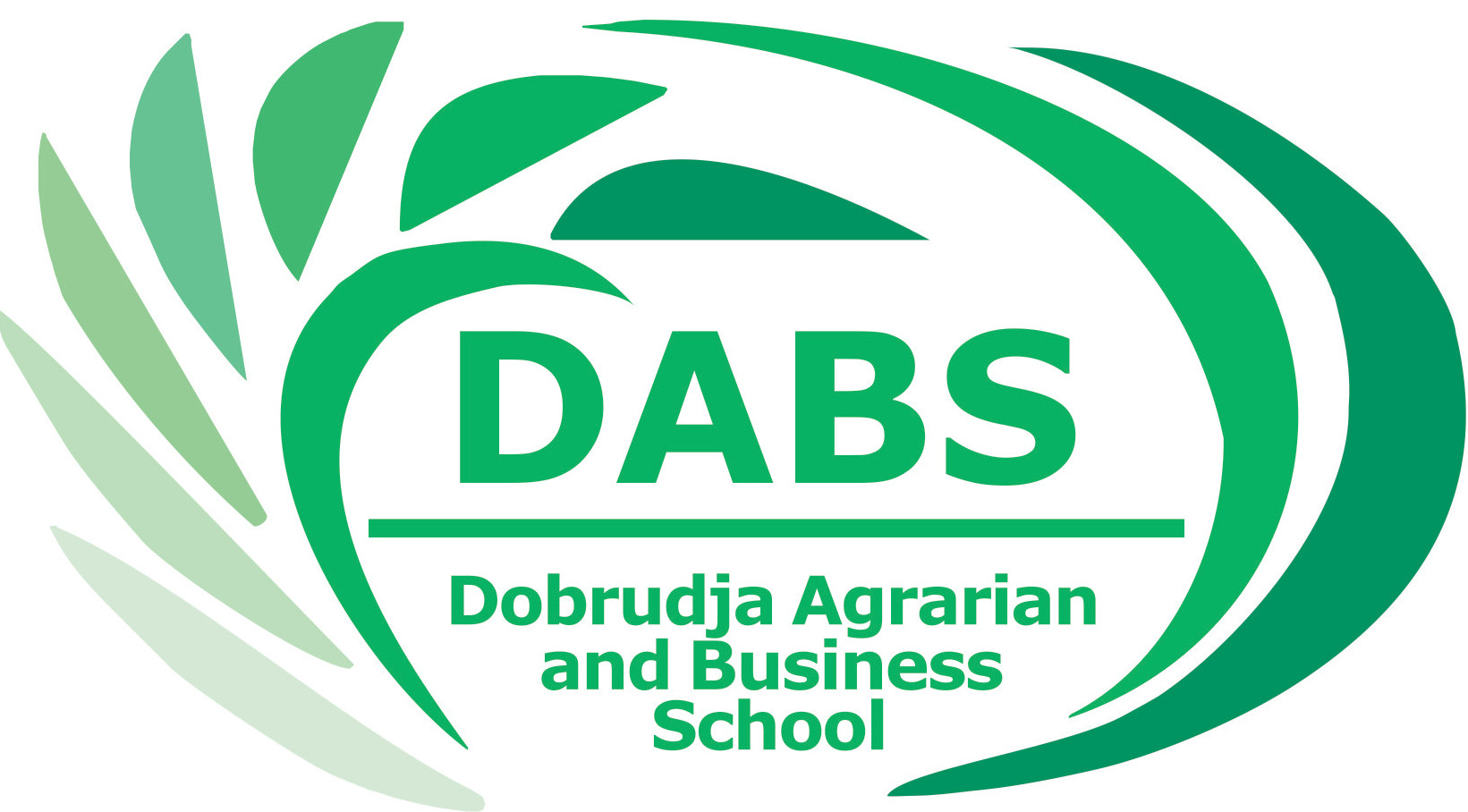News
The impact of the CAP on the development of the European farming
 Belgium -Brussels – The Common Agricultural Policy started functioning in 1962 and was the first collective policy of the European Community. Its main idea is the partnership of the agricultural sector with the citizens, of Europe with its farmers. The main objectives of the CAP are to increase the agricultural efficiency in order to secure a reliable and constant access to food for all consumers, as well as to guarantee European farmers a proper income for their work. Today, over 50 years since the CAP came into force, the EU is still facing new challenges, among them ensuring food security, mitigating climate change, sustainable management of natural resources and care for the development of rural areas.
Belgium -Brussels – The Common Agricultural Policy started functioning in 1962 and was the first collective policy of the European Community. Its main idea is the partnership of the agricultural sector with the citizens, of Europe with its farmers. The main objectives of the CAP are to increase the agricultural efficiency in order to secure a reliable and constant access to food for all consumers, as well as to guarantee European farmers a proper income for their work. Today, over 50 years since the CAP came into force, the EU is still facing new challenges, among them ensuring food security, mitigating climate change, sustainable management of natural resources and care for the development of rural areas.
We have over 500 million consumers in the EU, who expect to always have safe and high quality food at their disposal. Farming and food producing are fundamental elements of the economy in all 28 Member States. Creating agricultural policy at the European level guarantees common rules for single market and allows for applying common trade policy (without which the EU would not be able to speak as one when it comes to trade negotiations with third countries). Without the CAP, every Member State would conduct its own policy that would most probably differ between each other in the scope and level of public interventions.
The measures supporting European farmers are implemented in the framework of a two-pillar structure of the CAP. The first pillar consists mainly of the so-called direct payments, distributed through the Single Payment Scheme or – as is the case of Poland – the Single Area Payment Scheme. In most cases this aid is not linked to production, however, in specific countries, the level of support is based on historical production volume (e.g. of cereals). Granting direct support is subject to meeting the terms of the cross-compliance mechanism, which encompasses environmental standards, animal welfare rules and other criteria. Apart from direct payments, the first pillar of the CAP also includes market intervention measures, such as customs duties, export support or production quotas.
The level of direct payments has always been a controversial issue, not only in Poland but also at the international level. There are still big discrepancies between Member States when it comes to the amounts of this aid. The support Polish farmers receive in this financial perspective (up to 2020) is at the average EU level, which is about 250 EUR per hectare. At the same time, farmers from the Netherlands or Belgium get about 400 – 450 EUR per hectare, whereas Lithuanians or Estonians get about 100 – 150 EUR per hectare. Meanwhile, the production costs (energy, fertilizers, machinery), have changed over the years and they are now equal across the EU. That is why we should finally level out the amounts of direct payments across the Union. In fact, that is one of the aims of the Treaty on the Functioning of the European Union, which states not to distort the common competition rules. Fortunately, on the 27th of October 2016 the European Parliament passed a report on job creation in rural areas, which includes my call to even out the amounts of direct aid. This is absolutely essential to guarantee a level playing field for all farmers in the European Single Market. For the first time in the history of the European Parliament, the majority of Members officially supported this idea.
The main objective of the second pillar of the CAP is to support rural areas. These projects are funded through the European Agricultural Fund for Rural Development. EAFRD helps to increase competitiveness of the agricultural and forestry sector, maintain the environment and landscapes, improve the quality of life in rural areas, as well as to diversify local economies. It complements the national, regional and local measures which support the UE priorities. The European Commission together with Member Sates are responsible for compatibility and coherence of this aid with any other community funding.
The Rural Development Programme – the second pillar funding plan in Poland – is for my country and our rural areas of utmost importance. In the current financial perspective Poland with receive 55 billion EUR for this aim. This money is and will be spent on measures connected to e.g. development of the activities outside of agriculture, in order to increase farms’ incomes. It will also support knowledge transfer or simplification of the food supply chain, in order to grant consumers access to high quality food at reasonable prices. In the programme’s framework aid can also be granted to young farmers who start their carrier. Another important aim of the project is helping farmers who opt for organic production.
Undoubtedly, the Common Agricultural Policy funding is indispensable in improving living standards on rural areas. New roads, pavements, walkways and parks are being constructed, monuments and historical buildings are being renovated, and new shops, schools and healthcare facilities are being built.
More and more young people choose to live in the countryside, which is especially noticeable in villages close to large urban areas – where the countryside is suburb of a big city. People, often with higher education, move away from the city in order to escape the noise and air pollution.
To summarize, professional farmers play one of the most important roles in the European Union and the Community has to do everything in order not to lose them. We have to be aware that the basic framing skills cannot be learned through books and the best way to acquire them is by passing them from generation to generation. Nearly half of the EU territory is classified as farming land, which makes agriculture crucial in mitigating climate change. Farmers not only produce food but through land management they also protect the environment and conserve landscapes, thus acting for all of us, delivering the so-called public goods. The Common Agricultural Policy is vital to our existence; we cannot forget that without proper funding European rural areas would not evolve properly and would not become as modern as they are.
Sourse: https://www.neweurope.eu
- Details
- Created: 13 January 2017
- Hits: 38336














